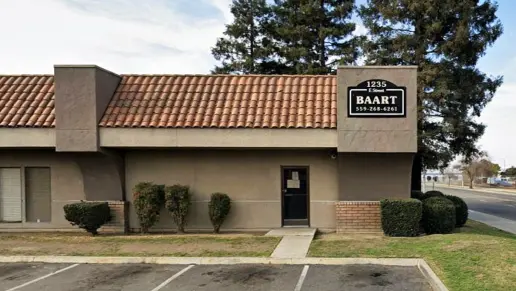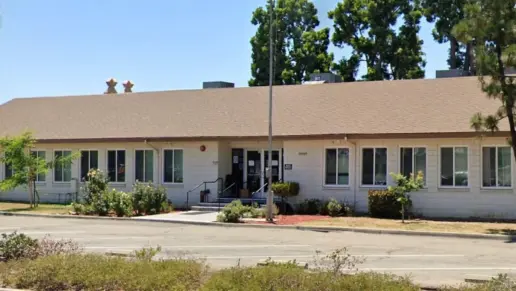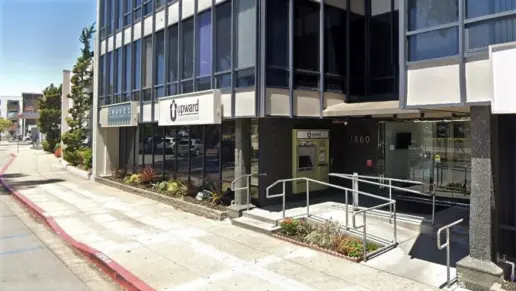About Lucky Deuce
Lucky Deuce, located in Willits, California, offers alcohol and drug rehab services to individuals aged 18 and older who are seeking recovery. Their levels of care include residential and outpatient treatment.
The residential program offers around-the-clock supervision in a safe and secure environment where people can remove themselves from triggers found in their daily lives and focus solely on their recovery. Individual therapy, group therapy, educational classes on addiction and recovery, and skills classes are provided.
The outpatient program is for those who can live at home or in a sober living environment and participate in treatment without the need for monitoring. Clients might choose to participate in individual therapy, group therapy, family therapy, or couples counseling. Treatment may explore the psychosocial, physical, and spiritual aspects of an individual’s challenges. Evidence-based treatment interventions are introduced, and clients learn how to develop healthy coping skills to support them in daily life.
Lucky Deuce accepts most insurance plans, including Blue Cross Blue Shield, Magellan, ComPsych, Aetna, Anthem, Beacon, HCSC, and Brightstar Health. If you would like to use insurance to pay for treatment, it is important to verify insurance coverage with your provider prior to starting treatment because out of network benefits may vary from plan to plan.
Accepted Insurance
Other Forms of Payment
Self-pay involves paying for treatment out of your own pocket. You can use savings or credit, get a personal loan, or receive help from family and friends to fund your treatment. If you don't have insurance or your insurance plan doesn't cover a specific program, self-pay can help ensure you still get the care you need.
Addiction Treatments
Levels of Care
Treatments
The goal of treatment for alcoholism is abstinence. Those with poor social support, poor motivation, or psychiatric disorders tend to relapse within a few years of treatment. For these people, success is measured by longer periods of abstinence, reduced use of alcohol, better health, and improved social functioning. Recovery and Maintenance are usually based on 12 step programs and AA meetings.
Drug rehab in California teaches participants constructive ways to stay clean and sober. Treatment revolves around helping individuals stop using the substance they are addicted to and learn healthy habits to avoid relapse.
Opioid rehabs specialize in supporting those recovering from opioid addiction. They treat those suffering from addiction to illegal opioids like heroin, as well as prescription drugs like oxycodone. These centers typically combine both physical as well as mental and emotional support to help stop addiction. Physical support often includes medical detox and subsequent medical support (including medication), and mental support includes in-depth therapy to address the underlying causes of addiction.
Substance rehabs focus on helping individuals recover from substance abuse, including alcohol and drug addiction (both illegal and prescription drugs). They often include the opportunity to engage in both individual as well as group therapy.
Programs


Clinical Services
Group therapy is any therapeutic work that happens in a group (not one-on-one). There are a number of different group therapy modalities, including support groups, experiential therapy, psycho-education, and more. Group therapy involves treatment as well as processing interaction between group members.
Individual therapy for drug addiction includes a customized treatment plan that considers your history and life circumstances. During your therapy sessions, the therapist helps you uncover underlying issues and triggers for addictive behavior that support a holistic approach to recovery.
The goal of couples therapy in California is to strengthen the couple's relationship. The therapist may take one or more approaches to counseling which may include the Gottman method, emotionally focused therapy, behavioral therapy, and psychodynamic couple's therapy.
Family therapy offers a platform for members to have an open dialogue about the challenges that addiction has placed on the family unit. Through guided sessions, therapists can help families develop healthy communication skills and address unresolved issues. By working together toward a common goal, they help to support their loved one's sobriety.
Contact Information
55 W Mendocino Avenue
Willits, CA 95490








